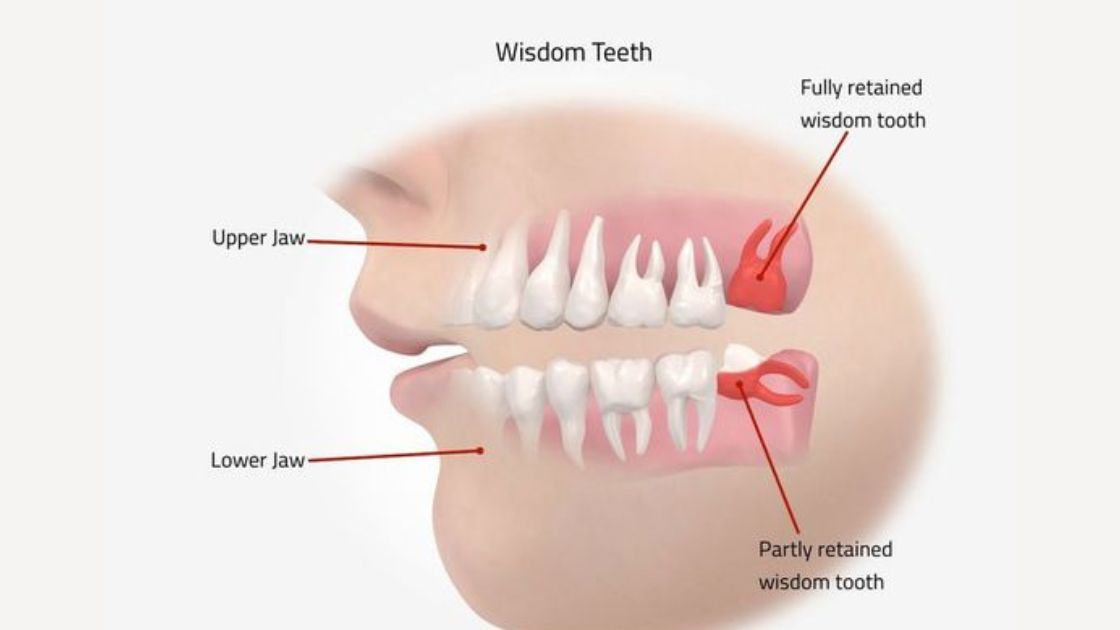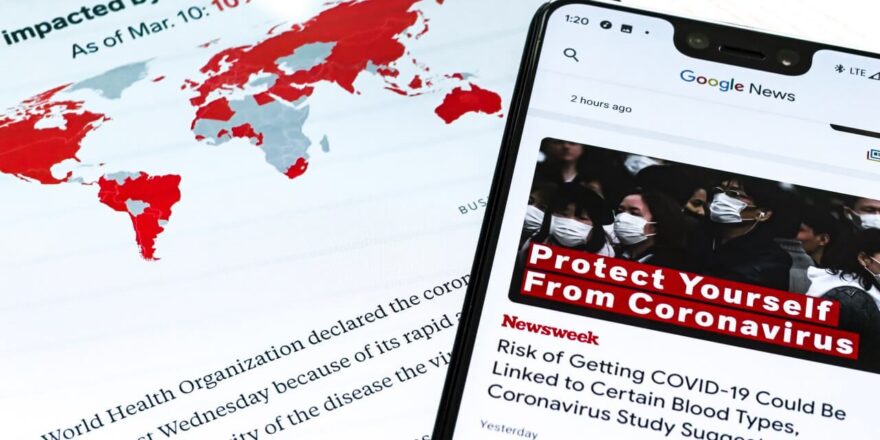Wisdom teeth, also called third molars, typically show up in the late teens or early twenties. While some folks have no trouble with them and they fit fine, others need them taken out because they cause problems. This article will dive into why sometimes you need your wisdom teeth removed, what could go wrong or right, and what getting them out involves.
Common Problems Associated with Wisdom Teeth
Impaction: One of the most common reasons for extracting wisdom teeth is impaction. Impacted wisdom teeth are those that do not have enough room to emerge or develop normally. They may grow at odd angles, horizontally, or remain trapped within the jawbone. This can lead to pain, swelling, and infection.
Crowding: As wisdom teeth try to erupt in an already crowded mouth, they can push against adjacent teeth, causing misalignment. This is particularly concerning for those who have undergone orthodontic treatment to straighten their teeth.
Decay and Gum Disease: Wisdom teeth sit way back in your mouth, which makes them tough to keep clean. That makes cavities and gum issues more likely. When wisdom teeth only partly poke through, they’re even more at risk because bits of food and bacteria can easily hide under the gum.
Cysts and Tumors: Although rare, impacted wisdom teeth can cause cysts or tumors to form in the jawbone. These cysts can lead to damage of the jawbone, teeth, and nerves, requiring surgical intervention.
When Is Extraction Necessary?
Not all wisdom teeth need to be extracted. The necessity of extraction depends on several factors, including the alignment of the teeth, the presence of symptoms, and the potential for future problems. Here are some scenarios where extraction is typically recommended:
Pain and Discomfort: If you are experiencing consistent pain, swelling, or discomfort in the area of your wisdom teeth, extraction may be necessary to alleviate these symptoms.
Infection: Recurrent infections around partially erupted wisdom teeth can lead to more serious oral health issues. In such cases, extraction is often the best solution.
Damage to Adjacent Teeth: If your wisdom teeth are pushing against your second molars, causing damage or misalignment, it is advisable to remove them to prevent further complications.
Orthodontic Treatment: For individuals undergoing orthodontic treatment, wisdom teeth may need to be removed to ensure that they do not disrupt the alignment achieved by braces or other corrective measures.
The Extraction Process
Wisdom tooth extraction is a super common procedure performed by dentists or oral surgeons. Here’s what you can expect during the process:
Consultation and Examination: Your dentist will use X-rays to see where your wisdom teeth are and check if they need to be removed. They’ll talk to you about how the procedure works, any possible problems, and what to expect while you recover.
Anesthesia: Before removing wisdom teeth, the dentist usually gives a numbing shot around the teeth to make the area painless. Sometimes, if several teeth are taken out or the patient feels very nervous, they might use a stronger anesthesia that makes the person sleep during the procedure.
Extraction: The dentist cuts the gum to reach the tooth and bone. They might divide the tooth into smaller parts to take it out easily. After removing the tooth, they clean the area and might put stitches to help it heal.
Recovery: After the procedure, you will be given instructions on how to care for the extraction site. This includes advice on pain management, what to eat, and how to maintain oral hygiene. Swelling and discomfort are normal for a few days, and full recovery typically takes a couple of weeks.
Risks and Benefits of Extraction
As with any medical procedure, wisdom tooth extraction carries some risks. Potential issues after tooth removal might include infection, dry socket (when the blood clot in the spot where the tooth was moved, causing pain), and nerve damage. But these problems aren’t common, and your dentist can usually handle them well.
The benefits of extraction often outweigh the risks, particularly when dealing with problematic wisdom teeth. Removing impacted or misaligned wisdom teeth can prevent pain, infection, and damage to adjacent teeth, leading to better overall oral health.
Alternatives to Extraction
In some cases, alternatives to extraction may be considered. These include:
Monitoring: If your wisdom teeth are not causing any immediate problems, your dentist may recommend regular monitoring with X-rays to keep an eye on potential issues.
Operculectomy: This is a minor surgical procedure to remove the gum tissue covering a partially erupted wisdom tooth, which can help alleviate pain and reduce the risk of infection.
Coronectomy: In certain situations, only the crown of the wisdom tooth is removed, leaving the roots intact to avoid potential nerve damage.
Final Words
Deciding to remove wisdom teeth should be based on a careful evaluation by your dentist, taking your specific oral health into account. Not everyone needs their wisdom teeth removed, but for many, it is important for keeping their teeth healthy. If you have symptoms or concerns about your wisdom teeth, talk to your dentist to figure out the best plan.
Regular dental check-ups and good oral hygiene are key to avoiding problems with wisdom teeth. By being informed and proactive, you can keep your mouth healthy, whether you keep your wisdom teeth or not.
Contact Gravity Dental Poly Clinic Today!
If your wisdom teeth are causing discomfort or if you have any concerns, seek professional advice right away. At Gravity Dental Poly Clinic, our skilled dental team is ready to help you keep your mouth healthy and take care of any wisdom teeth problems.
Book a consultation with us today to talk about your needs and find the best solution for your dental health. Our clinic provides complete dental care, ensuring you get top-quality treatment in a welcoming and comfortable setting.




